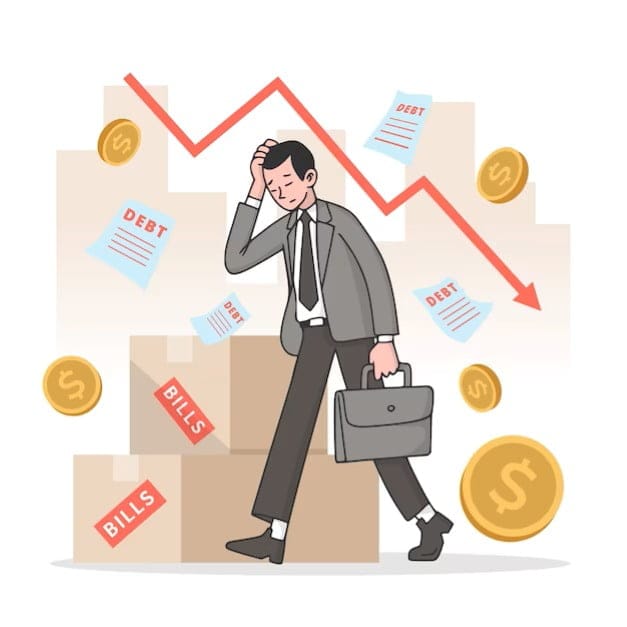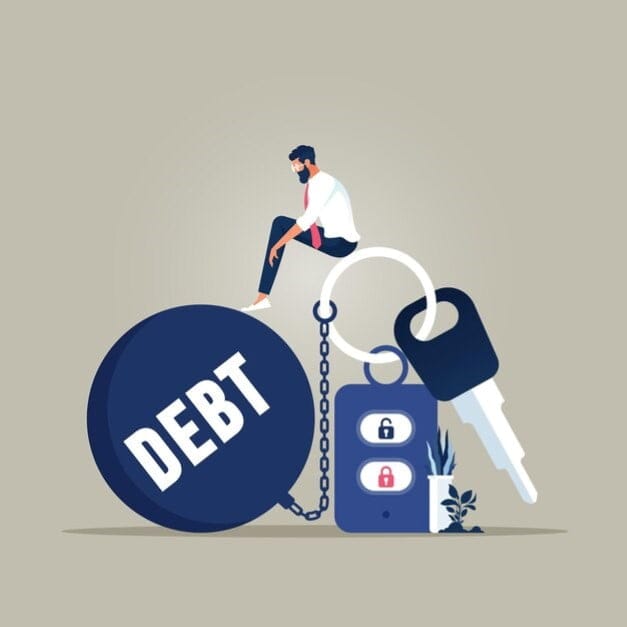Inflation is a term that we often come across in daily conversation and news. It refer to increase in price of goods and service over time. While inflation affect- the economy as a whole, Retail Inflation specifically impacts our day-to-day live as individual and consumer. In this blog post- we will explore, what retail inflation is, how it affects you and what step you can take to manage its impact.
Understanding Retail Inflation
Retail inflation, also known as consumer price inflation, is the rate at which the price of goods and service increase from perspective of consumer. It is measured by tracking changes in the Consumer Price Index (CPI). The CPI takes into account a basket of commonly purchased goods and services- such as food, housing, transportation & healthcare and calculate the average price change over time.

The Impact of Retail Inflation on Your Wallet
Retail inflation have a significant impact on your wallet and overall standard of living. As the price of goods and service rise, your purchasing power diminishes, meaning you can buy less with the same amount of money. Let’s take a closer look at a few key areas where retail inflation affects you:
1. Cost of Living
Retail inflation directly affect the cost of living. For example- when the price of essential commodities like food, housing and transportation- you need to allocate a larger portion of your income to maintain your current lifestyle. This leave you with less disposable income for saving, investment or leisure activity.
Psychiatric Emergency: What to Do and How to Get Help — Know Here
2. Budgeting and Financial Planning
Retail inflation can make budgeting and financial planning more challenging. When price rise unexpectedly- it become harder to predict and allocate funds for essential expense. It is essential to reevaluate your budget regularly and consider adjusting your financial goals to accommodate increased cost.
3. Debt and Loans
If you have outstanding loan- retail inflation can impact your debt repayment. As the cost of living rises- you may find it more difficult to make monthly loan payment, especially if your income does not keep up with inflation. It is crucial to factor in inflation, calculating your debt repayment capacity.

4. Saving and Investment
Inflation can erode the value of your saving over time. Interest rate on traditional saving account may not keep up with inflation, resulting in a loss of purchasing power. To preserve the value of your saving and investment- consider diversifying your portfolio and exploring option with higher returns to outpace inflation.
Coping Strategy for Retail Inflation
While retail inflation can seem daunting, there are steps you can take to manage its impact and protect your financial well-being:
1. Estimate and Adjust Expenses
Track your expenses and gain insight into how inflation affects your budget. Regularly review your spending pattern and prioritize necessary expense. Look thar area, where you can cut cost without compromising your quality of life.

2. Build an Emergency Fund
Create an emergency fund to cushion the impact of unexpected expenses or income fluctuation. Aim to save three to six months’ worth of living expenses in separate account- preferably in a liquid and low-risk financial instrument.
3. Invest Wisely
Diversify your investment to counter the effect of inflation. Consider investing in instrument like stocks, bonds and real estate- which historically have shown resilience in the face of inflation. It is essential to consult with a financial advisor to determine the best investment strategy for your goals and risk tolerance.

4. Stay Informed
Stay updated on the latest market trends, government policy and economic indicator- that influence retail inflation. This knowledge will help you make informed decision about your finance and adapt your strategy accordingly.
Conclusion
Retail inflation is an ever-present economic reality, that affect consumers on a daily basis. By understanding the impact of retail inflation and implementing proactive financial strategy- you can navigate its challenges and protect your financial well-being. Remember to regularly evaluate your expenses, save for emergency, invest wisely and stay informed about market dynamics. With these steps- you can mitigate, the effects of inflation and secure a better financial future for yourself.





